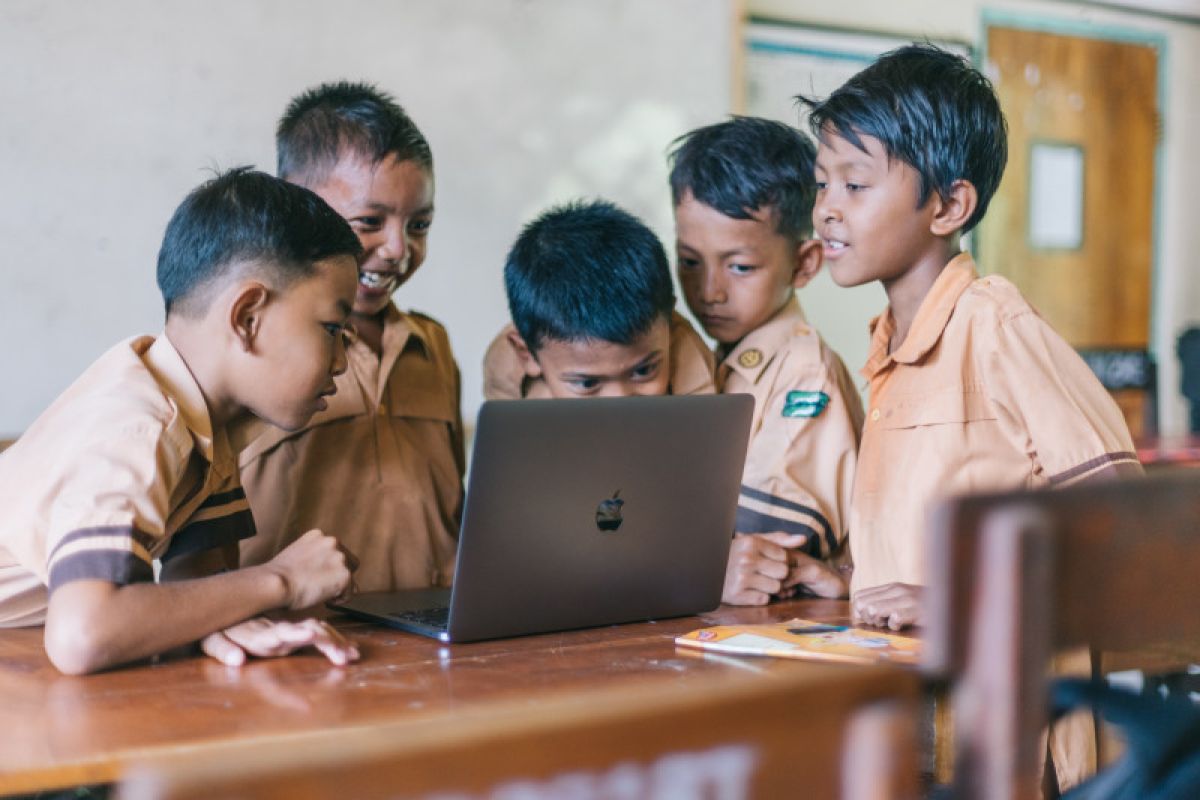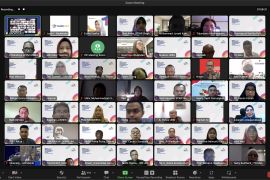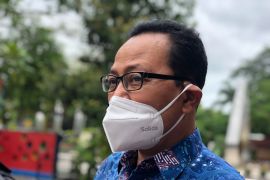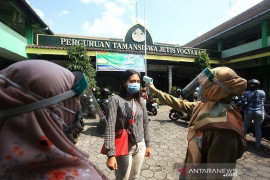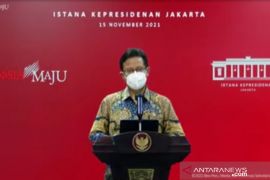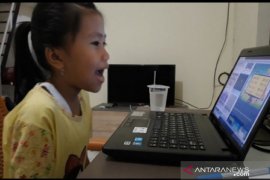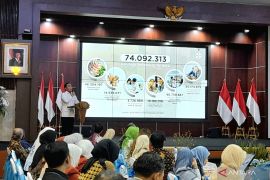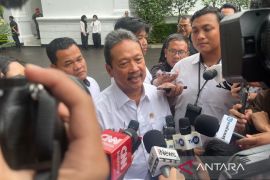"This is one of our efforts to prevent demotivation among children and parents during online learning," Director of Elementary Schools of the ministry's Directorate General of Early Childhood Education, Primary Education, and Secondary Education Sri Wahyuningsih stated on Friday.
She explained that the prototype curriculum was a continuation of the curriculum for the COVID-19 pandemic special period or the emergency curriculum (KD) that had been improved and refined with much simpler and more essential contents than the 2013 curriculum.
The prototype curriculum encourages learning in accordance with the students' abilities and provides a wider space for character development and basic competencies, Wahyuningsih noted.
Related news: National curriculum to be reviewed in 2024: ministry
An evaluation by the Educational Standards, Curriculum, and Assessment Agency (BSKAP) found that the prototype curriculum can support recovery from learning loss. Schools that implement the emergency curriculum have better learning outcomes than those with the 2013 curriculum.
"More than 30 percent of the educational units use the emergency curriculum. The decline in learning achievement is not so extreme," she remarked.
The prototype curriculum option is offered by the ministry to be applied during the new 2022-2023 academic year.
Wahyuningsih noted that currently, her side had only necessitated some 2,500 Early Childhood Education (PAUD), Elementary School, Junior High School, High School, and special needs schools selected from 111 districts and cities to serve as school initiators.
"In 2022, we provide an opportunity for all schools that are ready to use a prototype curriculum that is simpler and contains essential basic competencies," she remarked.
In addition to offering a prototype curriculum option, the ministry encourages schools to optimize face-to-face learning (PTM) in accordance with the Four Ministers Joint Decree (SKB) policy as another measure to recover from the learning loss.
Wahyuningsih noted that the protracted implementation of distance learning (PJJ) had led to a decline in learning outcomes. In addition, the increase in the dropout rate during the pandemic was a matter of major concern.
Other problems that occurred amid the pandemic in the educational field are a decline in the quality of character and discipline in students due to the high number of cases of violence against children while staying at home.
"We also encourage schools to implement PTM in order to improve the quality of education and learning that we must pursue after PJJ for two years," she noted.
Related news: Emergency curriculum helping plug learning loss: ministry
Translator: Rizka Khaerunnisa, Resinta S
Editor: Rahmad Nasution
Copyright © ANTARA 2022
